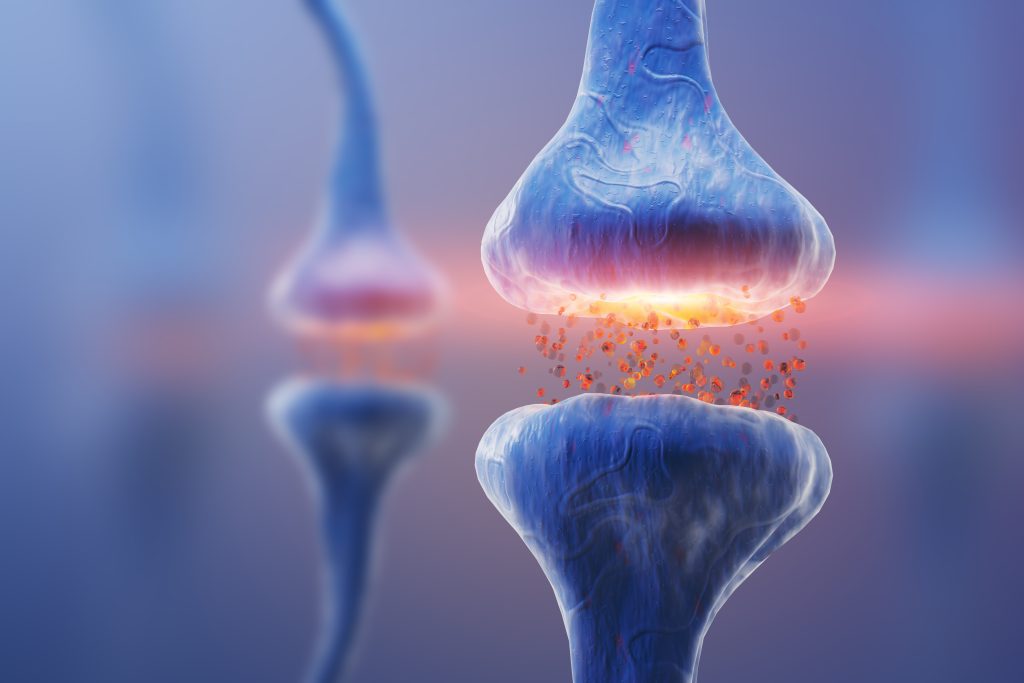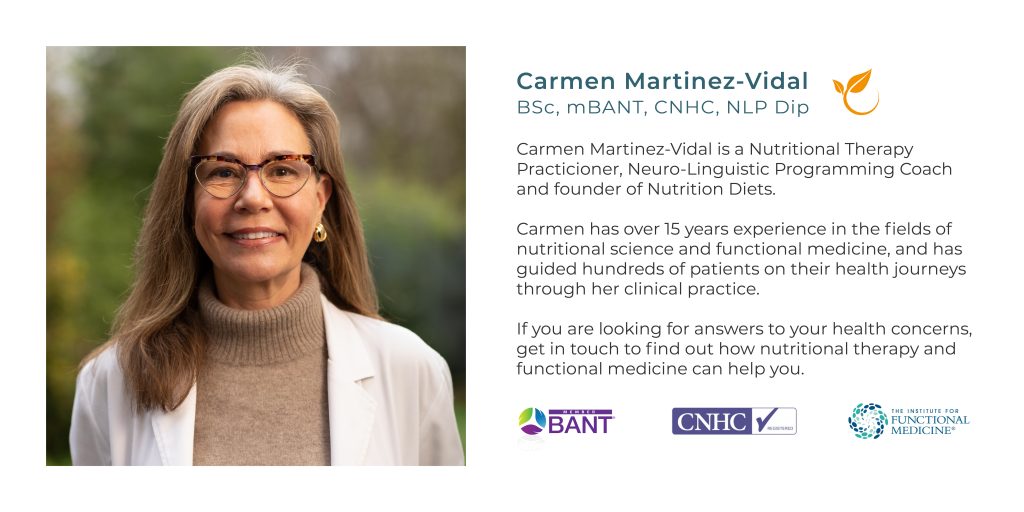WHAT IS DEPRESSION?
Depression is different from typical mood fluctuations and temporary emotional responses to challenges in everyday life. Depression is a state of sadness that persists for long periods of times, weeks or months, and is a health condition that can affect people of all ages, genders and backgrounds and it is estimated that approximately 280 million people in the world have depression.
Depression results from a complex interaction of social, psychological, and biological factors. People who have gone through adverse life events (unemployment, bereavement, traumatic events) are more likely to develop depression. Depression can, in turn, lead to more stress and dysfunction and worsen the affected person’s life situation, physical health and the depression itself.
Diet alone cannot change external influences or past experiences, however your lifestyle choices and the food you eat have a significant impact on the way your body responds to stressors, as well as affecting the production of neurotransmitters such as serotonin — also referred to as the “happy hormone” or feel-good neurotransmitter.
It is estimated that approximately 280 million people in the world have depression.
WHAT ARE NEURO TRANSMITTERS?
Neurotransmitters are chemicals messengers used by the nervous system to relay information from one nerve to another. Optimal neurotransmitter balance is required to maintain proper health as imbalances can cause the brain and the body to be over or under stimulated with detrimental neurological consequences or psychological symptoms.
Serotonin is one of these chemical messengers and 90% of it can be found in your gut. It has many functions ranging from your digestion to your mental health.

Serotonin is produced from an essential amino acid called tryptophan that needs to be obtained from the food you eat, as your body alone does not produce it. Studies have found that consuming higher levels of tryptophan can lead to a higher synthesis of serotonin. Conversely, acute tryptophan deficiency has also been shown to negatively impact production of serotonin in the brain.
For tryptophan to be effectively converted into serotonin, it needs the cofactors Vitamin B6 and Magnesium which must also be obtained through your diet and nutritional supplements. Consuming tryptophan-rich foods such as milk, oats, cheese, nuts and seeds, with carbohydrates rather than protein helps to increase the uptake of tryptophan.
SEROTONIN: THE ROLE OF THE GUT
The gut has its own nervous system, known as the “second brain”, a term first coined by Columbia University Research gastroenterologist Michael Gershon. This enteric nervous system consists of billions of neurons and is filled with the same type of neurotransmitters found in the brain.
This “second brain” secretes messengers that communicate back and forth between the gut and the brain. One of the best known messengers substances is the hormone serotonin.
Serotonin regulates your mood and calms the brain. It resides mostly in your gut, meaning that interfering with serotonin may also mean disrupting your gut, and likewise disrupting your gut can impact synthesis of serotonin. In the gut, serotonin binds to receptors stimulating the vagus nerve, a nerve that runs from the gut to the central nervous system.
DO LOW LEVELS OF SEROTONIN CAUSE DEPRESSION?
Low levels of serotonin have traditionally been associated with mood disorders, anxiety and depression, with the majority of anti-depressant drugs being aimed at increasing serotonin in the brain. In fact, studies show that as many as 85-90% of the public believes that depression is caused by low serotonin or a chemical imbalance.

However, new research from University College London (UCL) published in Molecular Psychiatry has emerged questioning the long-held theory that depression is caused by chemical imbalances in the brain, instead emphasising the role that “adverse life events played in depression, suggesting low mood is a response to people’s lives and cannot be boiled down to a simple chemical equation.”
Further studies are required to reach a definite conclusion, however, the emerging data does bring into question the dramatic rise in prescription of antidepressants since the 1990s with “one in six adults in England and 2% of teenagers now being prescribed an antidepressant in a given year.”
In the field of Functional Medicine, we view depression as a multifactorial condition which is best treated by a holistic approach that focuses on restoring gut health, as well as lifestyle management of underlying stressors such as stress and physical inactivity, as well as poor health and dietary choices.
HOW TO INCREASE SEROTONIN NATURALLY
People suffering from depression are commonly prescribed Selective Serotonin Reuptake Inhibitors (SSRIs) that mediate the absorption of serotonin in the brain, however their efficacy is not guaranteed and they are not without their side effects. Lord Warner, the UK’s Health Minister (2003-2007) in collaboration with the National Institute for Clinical Excellence (an independent health organisation that provides national guidance on treatment and prevention) advised “non-pharmacological treatment for mild depression”.
If you want to naturally boost your serotonin levels try increasing your:
1. Exposure to sunlight
On clear, sunny days just 10 minutes of direct exposure to sunlight, preferably first thing in the morning before you go to work or sit inside at a desk for the rest of the day, can positively impact your mood, sleep and metabolism – all of which are interwoven with your mental health.
On overcast days, aim for 20-30 minutes. If you can combine this exposure to sunlight with physical activity such as walking or running, that is an added bonus.
2. Exercise
Aerobic exercise such as walking, jogging or running, is a great way to stay healthy and fit, as well as produce neurotransmitters such as serotonin. Other exercises such as a yoga or weight-lifting are also beneficial for boosting serotonin, but slightly less so.
3. Meditation and/or other mind-body focused practices
Proven to be great solutions for stress management and known for elevating serotonin levels during and after they are practiced.

FOOD FOR THOUGHT
The jury is still out on whether or not serotonin or tryptophan deficiency is directly linked to depression, but nonetheless, it is important to maintain healthy levels, whether you have depression or not.
The Functional Medicine approach addresses the root causes of depression by managing your food and lifestyle choices, as well as understanding you as an individual in your entirety, from your health history, to the complex interplay between your body systems, both mental and physical.
Your mental and physical health starts with food. It is essential to know what to eat to ensure your body is getting the right nutrients needed for a healthy body, as well as for a good balance of neurotransmitters.
For more information on how we manage clients with mental health concerns such as depression please get in touch to see how we can support you on your journey to restoring your health and feeling your best.
Your health. Your choice.
